- Home
- Blog
Blog
-
Posted: February 15, 2024Read more »
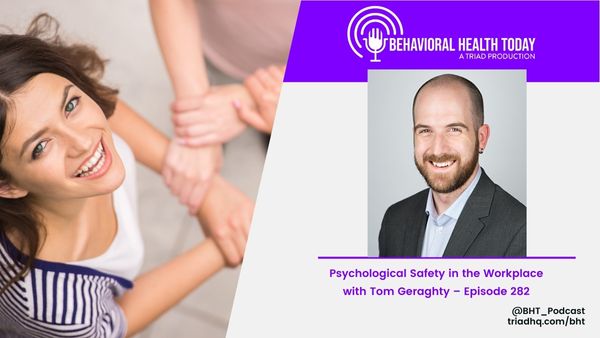

We often frame the work environment as an execution problem rather than a learning problem. If we can
-
Posted: February 13, 2024Read more »
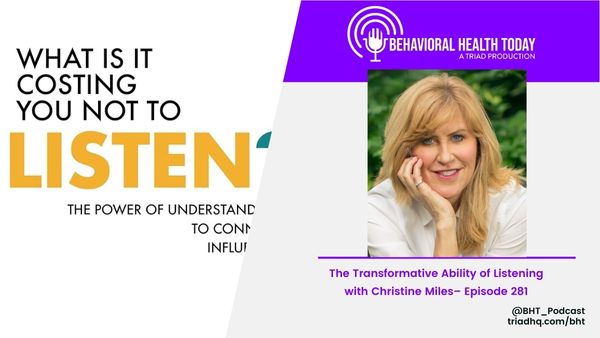

Actively listening is no small task. Despite being a crucial element of effective communication, what
-
Posted: February 08, 2024Read more »
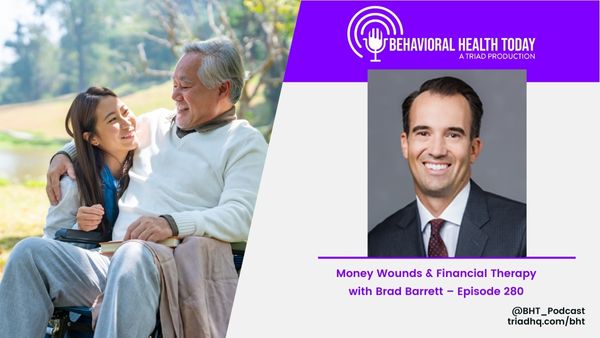

When was the last day you didn't find yourself contemplating money at least once? It seems that, irrespective
-
Posted: February 06, 2024Read more »
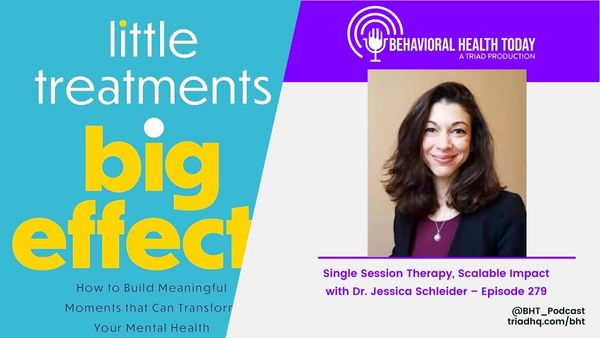

How can we think about interventions that don't assume that folks are going to be able to come back for
-
Posted: January 30, 2024Read more »
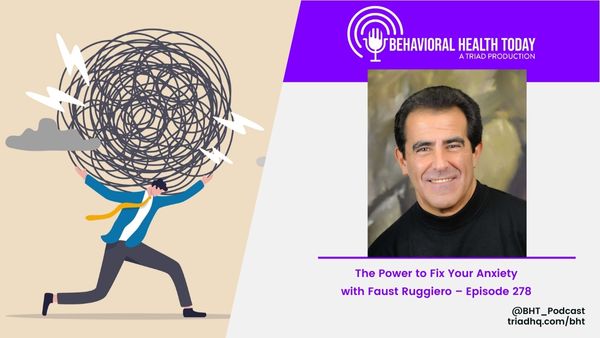

We’ve been taught to think of anxiety as though we have a mental disease. Anxiety is primarily
Choose sharing option
×
